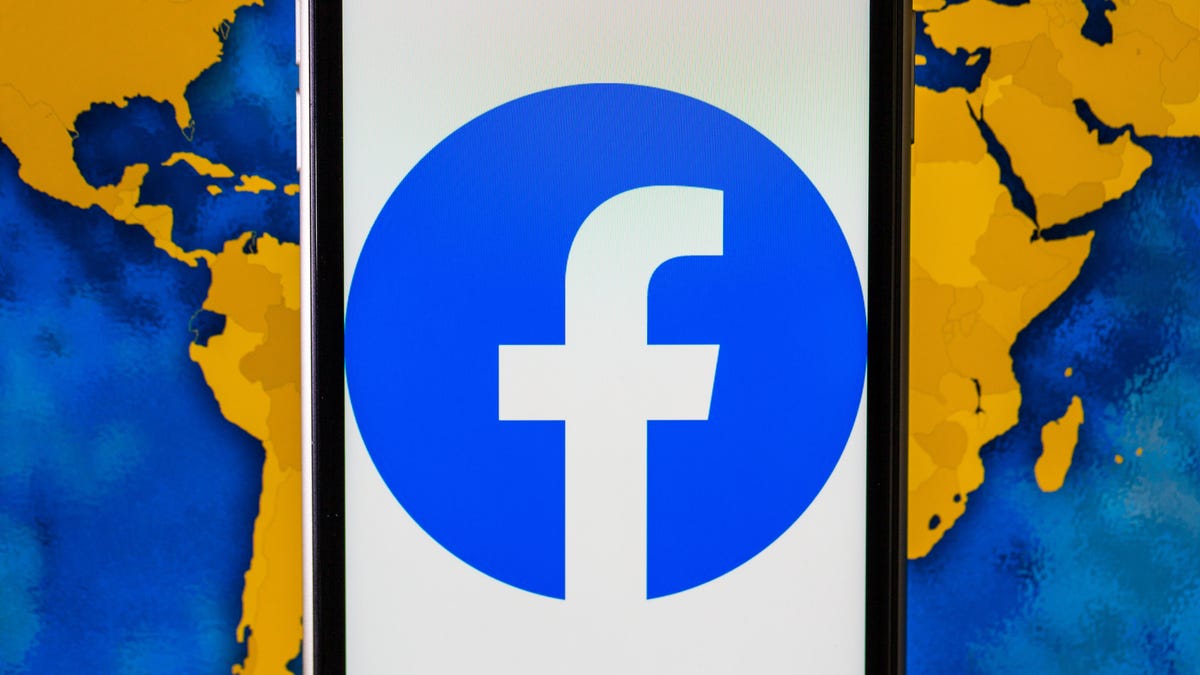Facebook says groups will be a 'central part' of its metaverse vision
The social network continues to add features to groups as it confronts another major crisis.

Facebook groups are a popular feature on the social network.
Facebook is doubling down on groups even as the tech giant faces more allegations that the company puts its profits over the safety of its users.
On Thursday, Facebook said it's testing a way for group administrators to create subgroups for various topics. Facebook is also experimenting with tools that will allow groups to make money. Some of those features include charging subgroup members a subscription fee for exclusive content, such as coaching or networking, and creating a shop or fundraiser within a group. Group administrators will also be able to customize a group's colors, fonts, reaction emojis and the backgrounds for posts.
Facebook is testing a way to create subgroups.
Facebook has been focusing more heavily on groups since 2017, encouraging people to join these public or private online spaces where they can chat about their common interests. But groups have also been problematic because they've been used to spread misinformation, hate speech and conspiracy theories. While Facebook has pulled down groups about the "Stop the Steal" movement and QAnon conspiracy theories, critics say the social network hasn't done enough to crack down on harmful content spreading in groups.
Facebook has also been under more scrutiny after Frances Haugen, a former Facebook product manager turned whistleblower, provided a trove of internal documents to Congress and the Securities and Exchange Commission. Haugen alleges Facebook has misled the public and investors about its role in perpetuating hate speech, misinformation and other troublesome content. The Wall Street Journal and then a consortium of media outlets gained access to these documents and published stories about how Facebook knew about the platform's harms.
Facebook says its research is being mischaracterized, noting that it has more than 40,000 people working on safety and security. About 3.58 billion people, though, use Facebook and its services every month. More than 1.8 billion people use Facebook Groups every month.
At the same time, Facebook's latest controversy hasn't stopped the company from moving forward with its efforts to build a metaverse, a virtual environment where people will be able to work, play and meet with their friends and family. Last week, the company announced it's changing its corporate name to Meta to reflect this focus.
Maria Smith, vice president of communities for the Facebook app, said in an interview that groups will be a "central part" of the company's vision for the metaverse.
If Facebook's vision becomes reality, members of a group filled with, say, octopus fans will not only be able to share photos and videos but put on virtual scuba gear to explore the digital ocean, she said.
"We know that the vision is still a ways off, but Facebook and its communities will be critical to the success of the metaverse," Smith said ahead of Facebook's Communities Summit on Thursday.
The addition of more group features and the creation of immersive environments could also fuel more content moderation challenges for Facebook, which has already struggled to police text, photos and videos on its platforms.
Since Facebook's metaverse ambitions are still years away, Smith said, the company has time to engage with policy makers and experts as they explore ways to moderate more-immersive content.
"I would say there are more questions than answers right now but ... we want to start early and design with integrity," she said.
Facebook has also been investing in tools that give administrators and moderators more control over the content posted in groups. And the company is rolling out other group features, such as community awards, a new button so members don't have to scroll back to the top of a group to post, the ability to create recurring events, and community chats for administrators and moderators.

